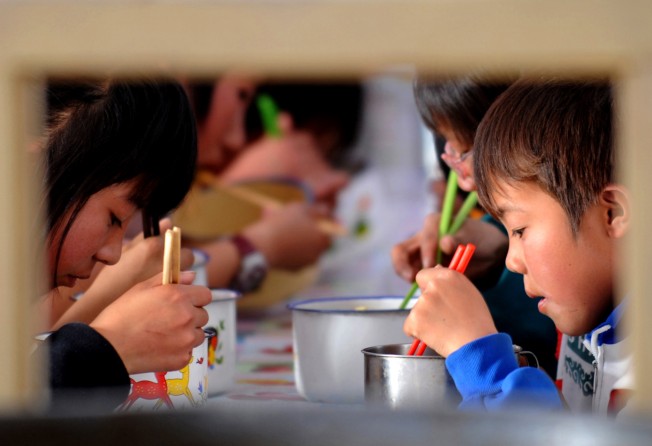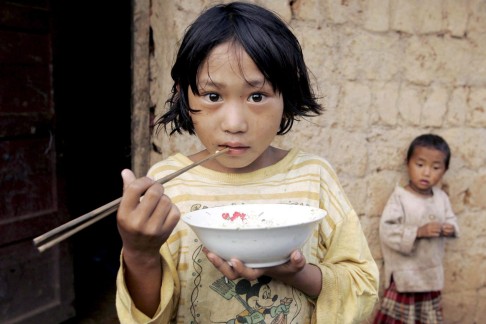Every morsel of help counts for the 800 million people who still suffer from chronic hunger
José Graziano da Silva says social protection in the form of self-help programmes and transfers, even small sums, provides a vital lift for the poor

This October 16, World Food Day, the world has a lot to celebrate. As a global community, we've made real progress in fighting global hunger and poverty. A majority of the countries monitored by the UN's Food and Agriculture Organisation - 72 out of the 129 - have achieved the Millennium Development Goal target of halving the prevalence of undernourishment in their populations by 2015. But progress has been uneven. Globally, some 800 million people continue to suffer from chronic hunger.
Many nations in the developing world have established social protection measures - offering people regular financial or in-kind support, or access to self-help programmes, as study after study shows that they successfully reduce hunger and poverty. In 2013 alone, such measures lifted around 150 million people out of extreme poverty.
But these programmes are not just a handout that allows people to tread water. Rather, they are a "hand up" that can put them on a fast track to self-reliance.
Most of the world's poor and hungry belong to rural families who depend on agriculture for their livelihoods. These family farmers and rural labourers are understandably focused on survival. They adopt low-risk, low-return approaches to income-generation, underinvest in the education and health of their children, and are often forced to sell off meagre assets, put their kids to work, or reduce food intake to cut expenses. They become trapped in survival mode. Poverty and hunger become intergenerational - and seemingly inescapable.

It does not have to be that way. Today, we know that even relatively small transfers to poor households, when regular and predictable, can serve as insurance against those risks that deter them from pursuing higher-return activities. Social protection offers poor and vulnerable households hope and the ability to plan for the future.
And far from creating dependency, social protection increases both on-farm and non-farm activities, strengthening livelihoods and lifting incomes. It also fosters more investment in the education and health of children, and reduces child labour.
With most of the world's poor and hungry still dependent on agriculture, twinning social protection with agricultural development programmes makes compelling sense. This is why we chose social protection and agriculture as the theme of World Food Day this year.
But knowing what to do and actually doing it are two different things. To break the age-old bonds of rural poverty once and for all, the world needs to act with more urgency - and more decisively.
José Graziano da Silva is director general of the UN Food and Agriculture Organisation